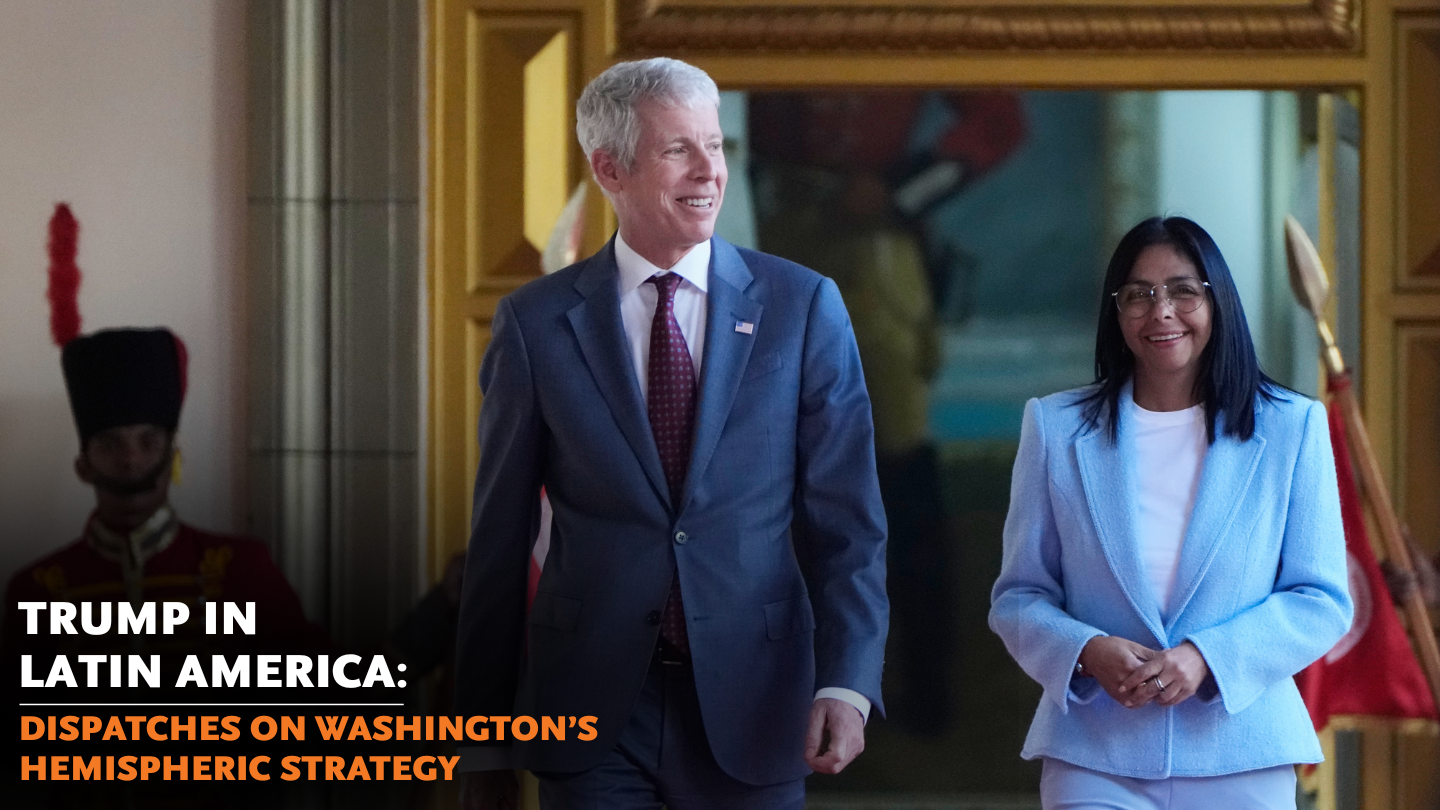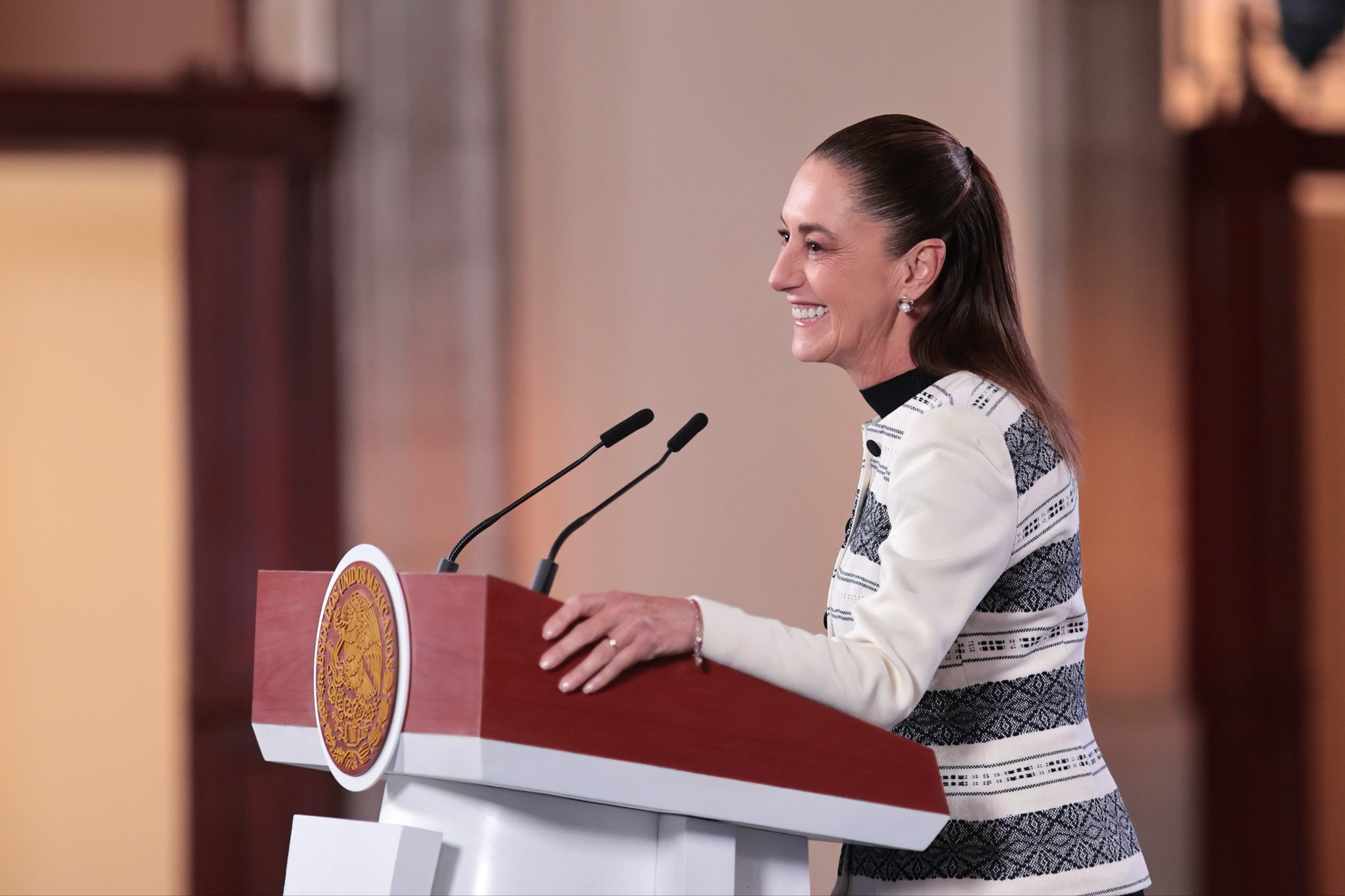Looking Ahead: Obama's Cuba Policy
Looking Ahead: Obama's Cuba Policy
While President Barack Obama’s reforms have supported changes on the island, more can be done to advance U.S.-Cuba ties, writes AS/COA’s Christopher Sabatini for Financial Times’ beyondbrics.
Last week, President Barack Obama accomplished a minor (and, judging by recent events, rare) diplomatic and political victory. At a fundraiser in Miami, the President reinforced his commitment to updating US policy toward Cuba, attributing some of the positive changes in the growth of entrepreneurship to the administration’s loosening of restrictions on travel and remittances, and hinted at more to come. The novelty wasn’t just that he trumpeted the success of the administration’s steps to liberalize the embargo on Cuba; it was that the President made his comments and promises of more change to Cuban-Americans in Miami – and was warmly received.
The positive reception reflects both the changing demographics of South Florida’s Cuban-American community and their growing ties through US-permitted travel to Cubans on the island, as well as the real, positive (though long-term) process of grassroots change – sparked by incremental and still tentative policy change – inside the island. The question is what the President’s next steps will be and when they will come.
Shortly after being inaugurated in 2009, President Obama lifted the restrictions that the Bush administration had placed on Cuban-American travel and remittances to the island. Immediately, travel of Cuban-Americans shot up (reaching an estimated 350,000 visitors in 2012). Those exchanges have created a mini-economy, with the travelers often bringing materials, capital and know-how that have helped support an incipient, growing community of private entrepreneurs on the island.
The US policy shifts reflected and supported, in part, a process of change that was already occurring on the other side of the Florida straits. Shortly after assuming the presidency for his ailing brother Fidel Castro in 2008, Raul launched a series of incremental reforms to the economy. Those included reducing the size of the state, the granting of licenses for a host of private initiatives – originally 181 and later expanded to 201, including everything from bed and breakfasts and family-owned restaurants to electronic repair shops – allowances for the sale of homes, and the leasing of state land for agricultural cooperatives.
In 2011, the Obama administration returned to the Clinton policy of people-to-people travel, allowing US citizens to conduct “purposeful travel” to the island for religious, cultural, and educational travel. With it, though, they included a twist: the new changes allowed US non-governmental, religious and educational institutions to establish bank accounts and to send remittances to the island.
It has worked, and that’s what President Obama was referring to in Miami when he said that incremental changes in US-Cuba policy have allowed for greater communication and change inside the island. As a result of the Cuban government’s timid but significant reforms – and, in part, the flow of capital and materials from the US policy changes – there are now, according the Cuban government, an estimated 400,000 private businesses operating inside Cuba. US economist Richard Feinberg estimates conservatively that 20 per cent of Cuba’s labour force is now engaged in private sector.
That’s not to say that reforms on either side have always been effective or linear. The Obama administration’s efforts to loosen US restrictions on private telecoms on the island were effectively stillborn – the result of US restrictions on the sale of goods. On the other side, the Cuban government has pulled back several times on reforms, including recently closing down the showing of movies in private residences and makeshift movie houses.
In his remarks, the President said that, “We have to be creative and we have to be thoughtful and we have to continue to update our policies.” Ironically, the area that Obama chose to highlight for change is the one where his policy reforms have sparked the least change, the internet, pointing out that when Castro came to power in 1959 (two years before Obama was born, in fact) the internet and Google didn’t exist.
But there are other things that didn’t exist before the revolution that deserved to be liberalised if there is to be any executive initiative in this area. For one, international credit cards. (Yes, they didn’t exist until after 1959; hard to believe.) Current restrictions prevent the use of US-issued credit cards or pre-paid cards on the island. Such an allowance, possible under executive authority, would provide an enormous source of revenue to the independent restaurateurs, hoteliers, and artists that service the 450,000 US travelers (Cuban-American and non-Cuban-American) to the island.
So too would private commercial and non-governmental support for small and medium enterprises. Since the 1960s, a vibrant, professional array of profit and non-profit groups have emerged in areas of micro-credit and commerce that help small enterprises gain access to the inputs and markets necessary to expand.
Economic philosophers and historians have long argued that private enterprise creates the autonomy and capacity for peaceful, meaningful change. Recent history has clearly demonstrated that the absence of these pockets of independence and economic self-sufficiency can lead to reversible change at best – or collapse at worst.
Clearly, President Obama recognises the advances helped by his reforms. Is he ready to extend them to areas under his authority? Those who have observed the patterns of change in other countries hope so; now too does a growing pool of Cuban-Americans thanks to his past reforms.








